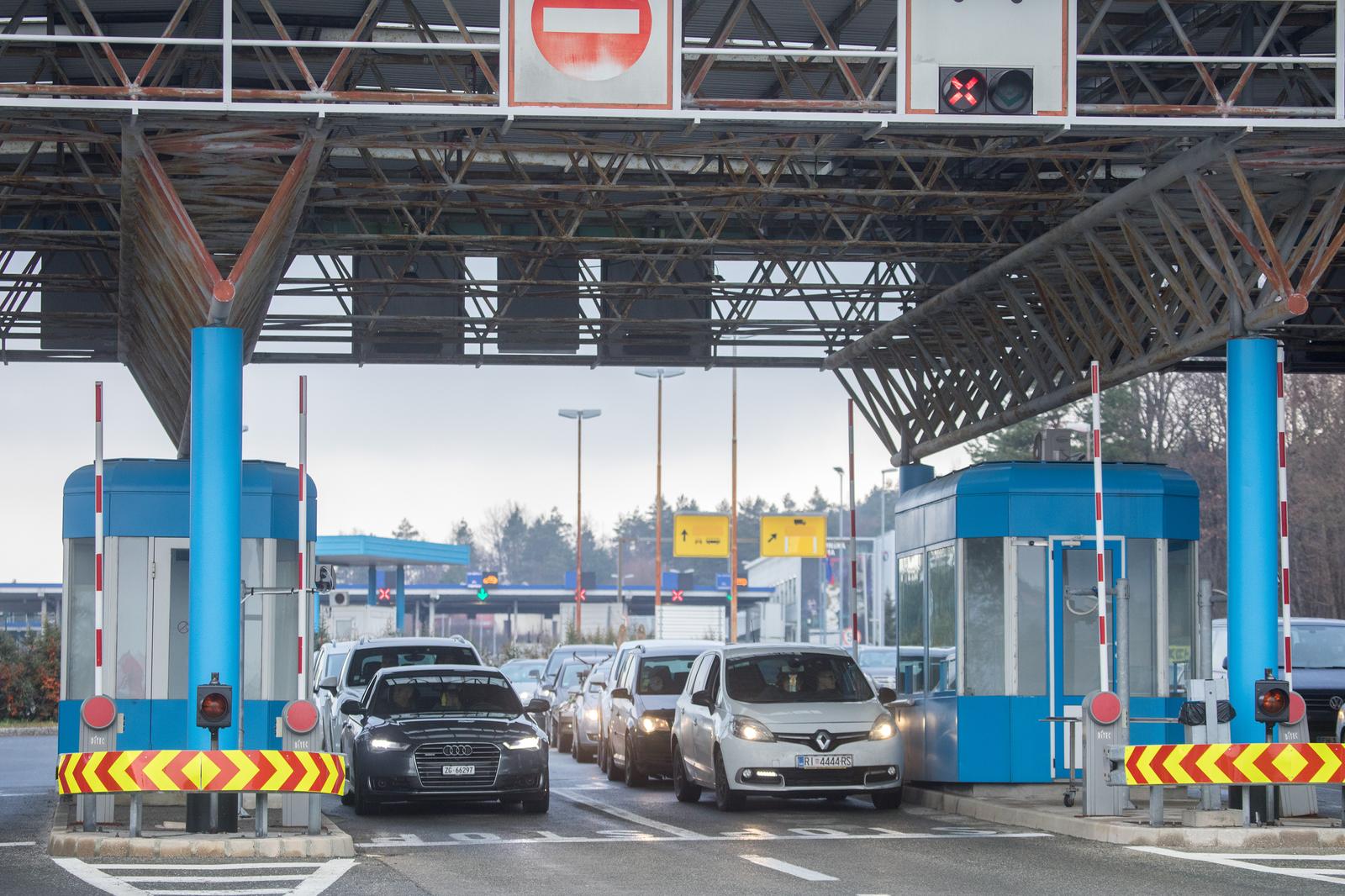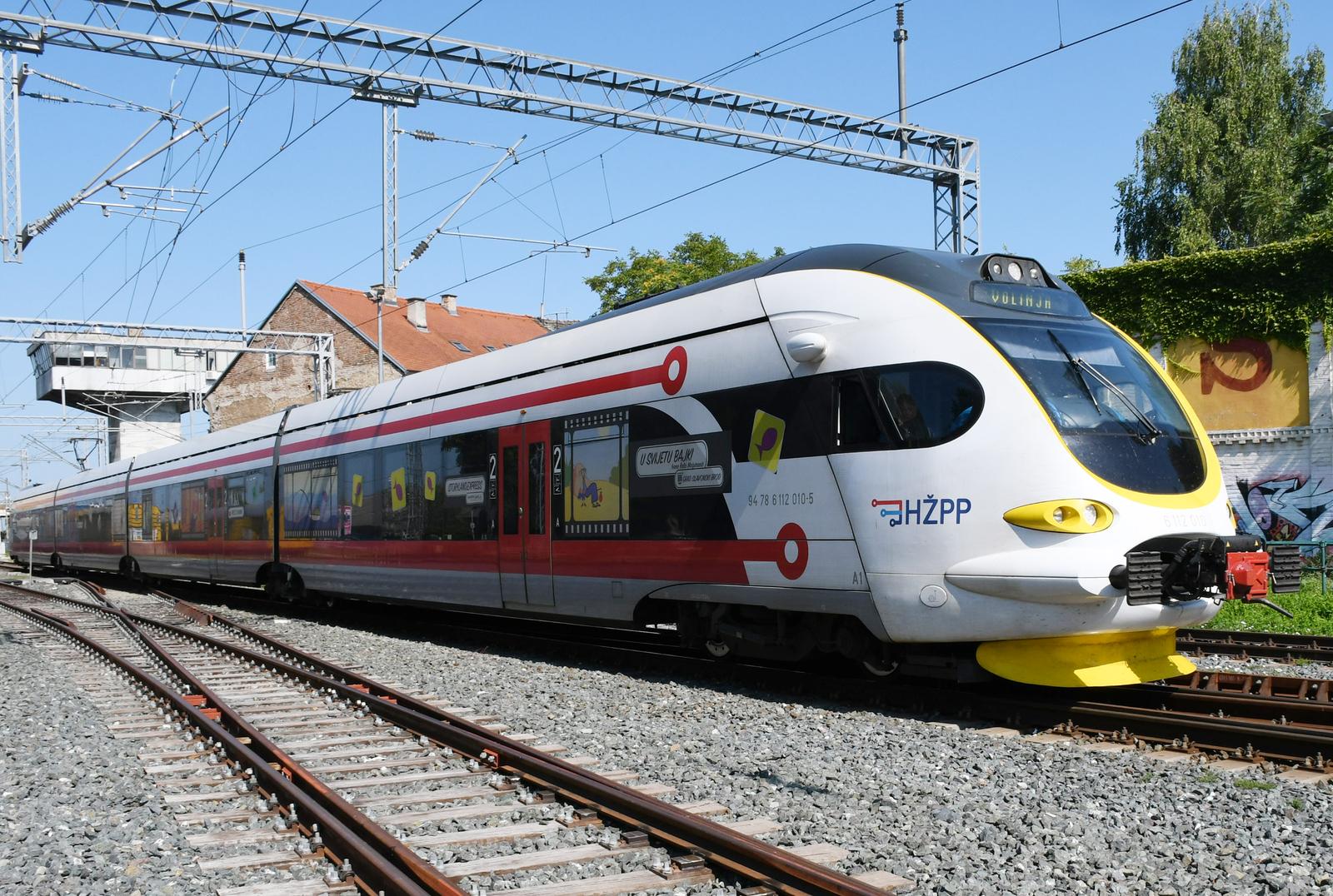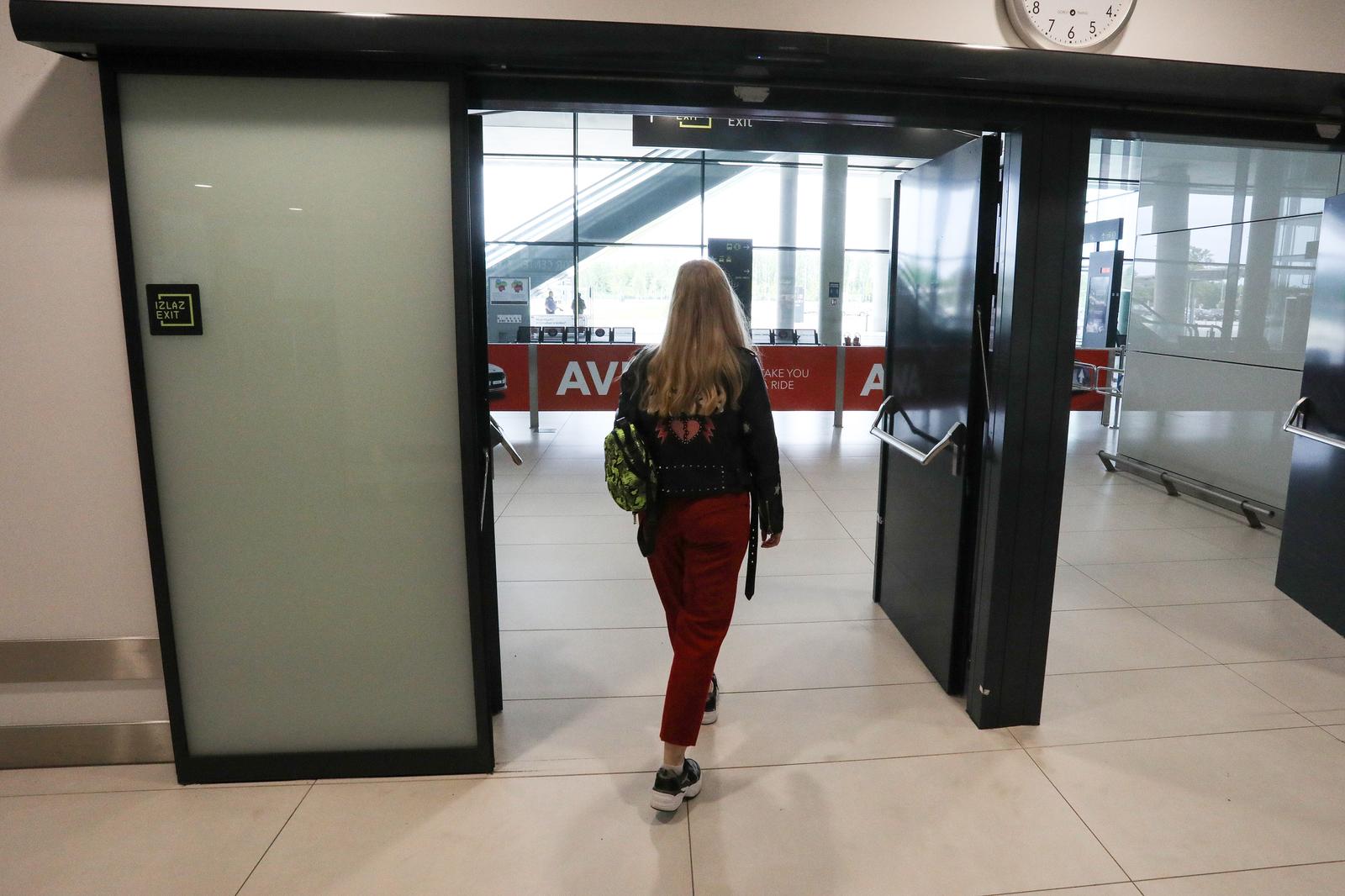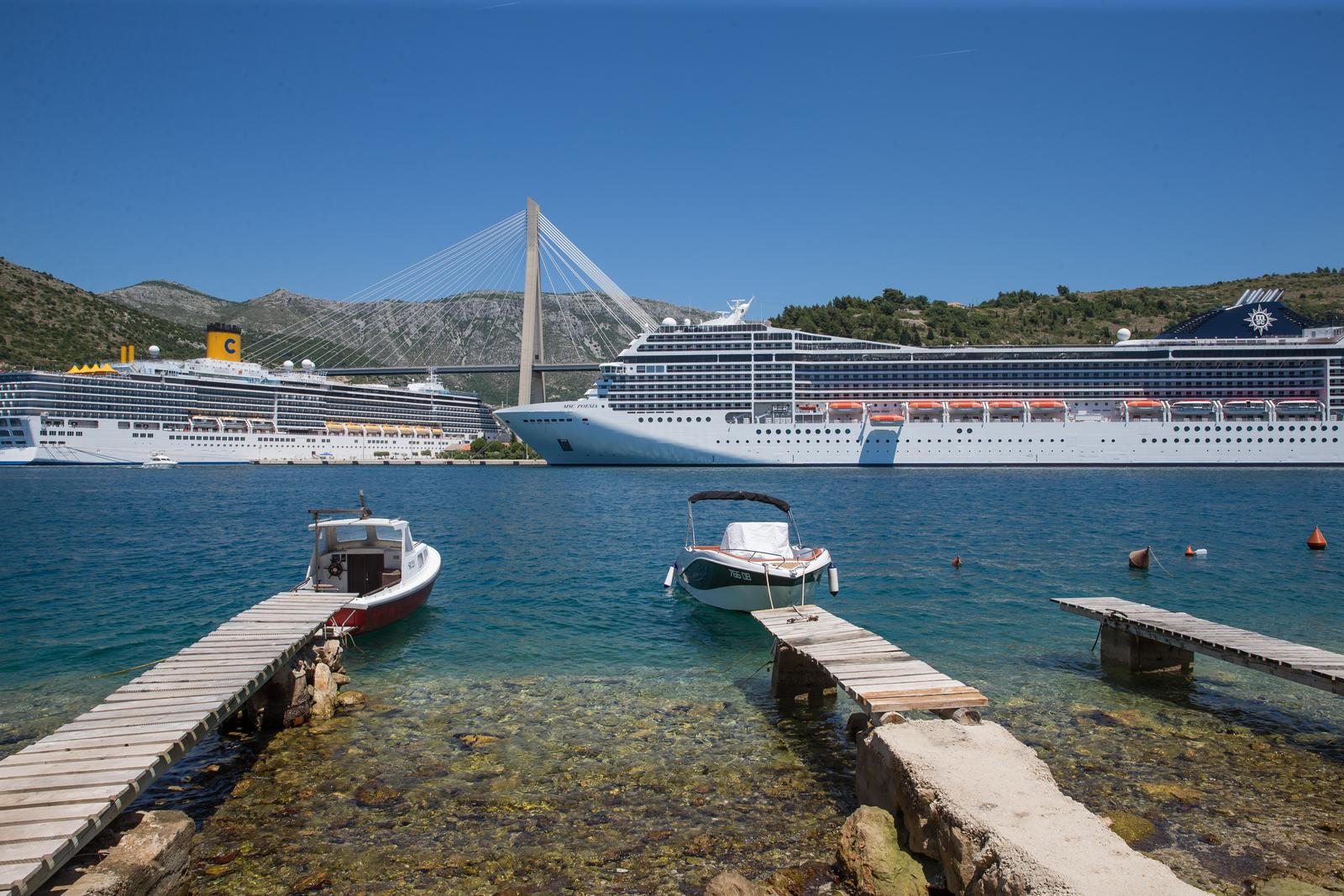Croatia in 2027: What Will the Country Look Like in 5 Years?
July 20, 2022 - Life in Croatia is mostly about remembering the past or living in the present, but when it comes to the future, what is it going to be like for Croatia in 2027? An overview of the things that will shape the country in the next five years.
It has been 31 years since Croatia declared its independence from Yugoslavia, 27 since the end of the homeland war, and 11 years since it completed its accession to the European Union. For those who have closely followed the development of Croatia as a country in those years, as well as those who were unaware of it, the feeling of surprise is shared. Objectively, the vast majority of people I know have expressed their amazement at the growth of Croatia when they see my photos and videos on Instagram, or when they read my articles on this portal. Some may consider them clueless, but the truth is that many believed that Croatia was just another country in Eastern Europe, torn apart by war and struggling to recover.
Few imagined that Croatia is currently one of the main tourist destinations in the world, with leading technology companies such as Rimac, or one of the safest countries on the planet. Many countries in the world have also gone through bloody independence processes or intense armed conflicts that have left them on the brink of economic, political, and social abyss. But with a population of no more than 4.7 million in 1995, Croatia's growth and development have been remarkable. Although it is worth mentioning the international support received in the last three decades, the resilience and determination of its population have been indisputable pillars in this process.
The country continues to go through constant changes, and some, in particular, seem to be decisive in speculating on what awaits around the corner. Just as we look back to analyze the evolution of the country, the positive and negative of its present, we ask ourselves, what lies ahead for Croatia in the next five years? We go over a few things to see what Croatia will look like in 2027.
Euro currency
This Monday, Croatia began producing its euro coins, which will enter circulation from January 1, 2023, replacing the kuna. As part of its accession to the European Union in 2011, among the conditions was the eventual change of currency to the euro, and last year the Croatian government announced that it would take place in 2023. Despite a strong rejection by the part of the population, in recent months this change has received the green light from different institutions such as the European Commission or the European Central Bank. Change is inevitable, and today some supermarkets are already displaying the prices of their products in both kuna and euro currencies.

Image: Pixabay
Opinions are diverse. There are those who welcome the arrival of the euro as a way to strengthen economic relations with other powers on the continent, others believe that it will not affect the country in a positive or negative way, and many believe that it will plunge the country into a crisis and radically raise the costs of living. How will Croatia fare in the future with the euro as the new currency? Only a seasoned economist could dare to speculate, but perhaps it is the expectations that matter. In a country plagued by an imbalance between salary conditions and the cost of living, the European Union is expected to require Croatia to match the standards of other member states in the future. Changes in the prices of basic products and services, or the shift from using more coins instead of bills, are considered by many to be minimal changes compared to other macroeconomic trends, but they should still be considered in the first years and in what way it will affect the middle-class Croatian citizen and those mired in poverty.
The comparison is daring, but countries like Italy with the lira, France with the franc, Spain with the peseta, or Germany with the mark, had to go through the process of change that at first was confusing for many, but today, almost twenty years later, it is part of everyday life in those countries.
Schengen area
On June 29 of this year, the Council of the European Union formally initiated the process of admission of Croatia to the Schengen area, currently composed of 26 European countries. In previous years, many political leaders on the continent expressed their support for Croatia joining the Schengen area, and finally this year a vote will take place in October in which 22 member states (with the exception of Switzerland, Iceland, Lichtenstein, and Norway as they are not members of the EU and do not have voting rights) will decide on Croatia's accession. Once approved, Croatia will become the 27th country to access the benefits of such admission, in the same year that it will adopt the Euro as its currency.

Photo: Nel Pavletic/PIXSELL
Should there be no unforeseen obstacles, all kinds of border controls will be lifted in Croatia starting on March 26, 2023, which will simplify travel to and from Croatian airports, sea ports, and land borders. For instance, passengers traveling from Croatia on direct flights to destinations in the member states of this area (26 European countries), after checking in for the flight and security control, will go to the exit for their flight without crossing the border or police control. This change is expected to have a positive effect on tourism trends in the coming years, especially in a country like Croatia, with a large annual presence of visitors from countries such as Slovenia, Germany, Austria, Denmark, Poland, Sweden, and the Netherlands during the summer season.
Croatian trains
Unfortunately, unlike the previous two points, when it comes to the future of trains in Croatia there is still no revolutionary project announced. Although it is true that the sad reality of the trains in the country was already known, in recent weeks various news have been published that make it even more evident. From poor connectivity between cities to excessive travel times, to even drivers who were late for sleeping at home. Bus travel and airports continue to support the local and international transport market in Croatia, but expectations for a better train system are rising with time. Tourists and local users alike expect train travel to be modernized, and soon.
The geography of the country is not an excuse since other rugged countries such as Italy or Austria have most of their cities and towns connected to each other by very fast and modern trains. Time will tell whether Croatia decides to modernize its existing lines in the next few years, or whether it decides to add more trains connecting coastal cities as well as from west to east. At the moment there is no clear horizon, but it is an urgent issue.

Photo: Nikola Cutuk/PIXSELL
Population
The most recent census was conducted last year, and the results raised a lot of eyebrows. Much has been said in the last decade about the never-ending phenomenon of migration of young Croatian professionals in search of better job opportunities in other countries on the continent, or even outside Europe. However, the situation seems to have worsened even more and this has been manifested in the last official count of the country's population. The youth of the country continue to look abroad once they receive their degree, and there are plenty of reasons considering the low wages and the limited job offers.
Some blame the ease for Croats to migrate to other European countries due to their membership in the EU, but the truth is that it is becoming increasingly difficult to convince a Croat to stay.

Photo: Borna Filic/PIXSELL
If the cost of living in the country manages to find a balance over time with salaries, labor supply, and working conditions, it is likely that the trend will reverse, but for now one can only speculate. On the other hand, it is important to recognize the increase in Croatian citizenship applications by citizens who belong to the Croatian diaspora, especially those who come from South America. The current situation in several countries of the South American continent, such as Argentina or Peru, has motivated young people and adults to bet on a change of scenery, with a great willingness to take on the challenge of repatriation and offer their skills in Croatia. It has always been talked about how it is that the majority of the Croatian population lives, in fact, outside the country, but this factor must be seriously taken into account in the coming years, which would also invite us to think about a more diverse Croatian population.
Tourism
The COVID-19 pandemic has made many in the country reflect on the enormous dependence of the Croatian tourism industry on international flights. Everyone involved in the tourism sector was deeply affected: hotels, restaurants, tour agencies, tour guides, private accommodation owners, transport companies, and more. Likewise, citizens who dedicate themselves entirely to tourism have felt a severe blow to their own economy, realizing that those two or three months of income should not be so essential for them in order to survive the other nine months of the year. The name of the game for the next few years is diversification.
The public and private sectors have to come together to look for alternatives, even if a chance of another pandemic is unlikely. Istria, for example, showed the importance of being a destination that can be reached by car. Likewise, it is necessary to bet on tourist offers during the winter, especially in a country that boasts good weather and cultural events throughout the year. This and more will help the country stop depending so much (and dangerously) on the summer months.

Photo: Grgo Jelavic/PIXSELL
Another issue to consider is overcrowded tourist destinations during high seasons, such as Split or Dubrovnik. While it may not sound like much of a concern to those in the tourism industry, the truth is that at the end of the day, tourism is all about experiences. The experience of not being able to walk down an alley in the old town, not having a place to lie down on a beach, not finding an available table in a restaurant or exaggerated accommodation prices can only be a negative and will affect the promotion of the country in the short term, if they are not already doing so. Limiting the arrival of cruise ships, regulating private accommodation, and promoting other tourist destinations more strongly should be some of the goals that the tourism industry, both in the public and private sectors, should set for improving the quality of the tourist experience in Croatia in the next years.
For more news about Croatia, click here.
Plenković: No One Can Be Happy with Decrease in Population
ZAGREB, 17 Jan 2022 - Prime Minister Andrej Plenković said on Monday that no one can be pleased with the population decrease but it was not unexpected, stressing that the government will do everything to mitigate the negative trends and improve the positive ones and noting that demographic issues go beyond the framework of one government.
After presenting the bill to adopt the euro as legal tender in Croatia, the prime minister was asked by the press to comment on the 2021 population census, which shows that Croatia has 396,000 fewer residents than ten years ago.
"Naturally, these results are not good, no one can be pleased with them, but at the same time when observing broader trends, they were not unexpected and can be explained quite easily," said Plenković.
He first warned of the structure of the 396,000 fewer people, saying that the difference between births and deaths is 165,000 while the remaining 230,000 refers to 110,000 registered and 120,000 unregistered emigrants.
Referring to the negative natural increase, Plenković noted that this process has been ongoing for 70 years, recalling that in 1948, 95,000 children were born annually, while their number declined by 60,000 to 35,000 in 2021.
In reference to the number of emigrants, he recalled the fact that this has resulted from Croatia's accession to the EU as one of the fundamental freedoms in the EU is the free movement of workers.
"Prior to 2013 you could emigrate to an EU country only if you met one of two criteria - obtaining a work permit or being part of some sort of quota," Plenković recalled.
"Now in 2022, in the ninth year of EU membership and ahead of entering the Schengen area and euro area, we are lifting our economy in terms of the average level of development within the EU and in terms of economic growth. We have the best credit rating ever, wages are increasing and by investing and using EU membership we are taking Croatia forward," he added.
The prime minister recalled that, unlike Hungary, Slovakia, and Poland, which started ten years earlier, it was only in 2000 that Croatia started using EU funds and "catching up" will still take this entire decade, in which Croatia has €25 billion at its disposal.
He noted several government measures directed at improving the framework to help young families have more children but warned that is not "just an economic, financial or political issue," but also a matter of culture.
"That relates to the way of life we have today and it is not the same as in the 1950s or in the third decade of this century. Simply, the culture of life is different," he claimed.
The government will do all it can to relieve the negative trends and improve the positive ones. "However, that is an issue that is much broader than the framework of one government or one policy," he assessed.
Unfortunately, the data are as they are but many countries in Western Europe have negative natural increases and are compensating them with immigration, he added.
"We still are not in a situation where Croatia would need to compensate these trends with immigration. When you look at the largest number of people being born in many Western countries, when you observe children's origin, then you will see that many of them are the children of immigrants. These are all the facts that need to be put on the cards before any justification is made," the prime minister said.
For more, check out our dedicated politics section.


